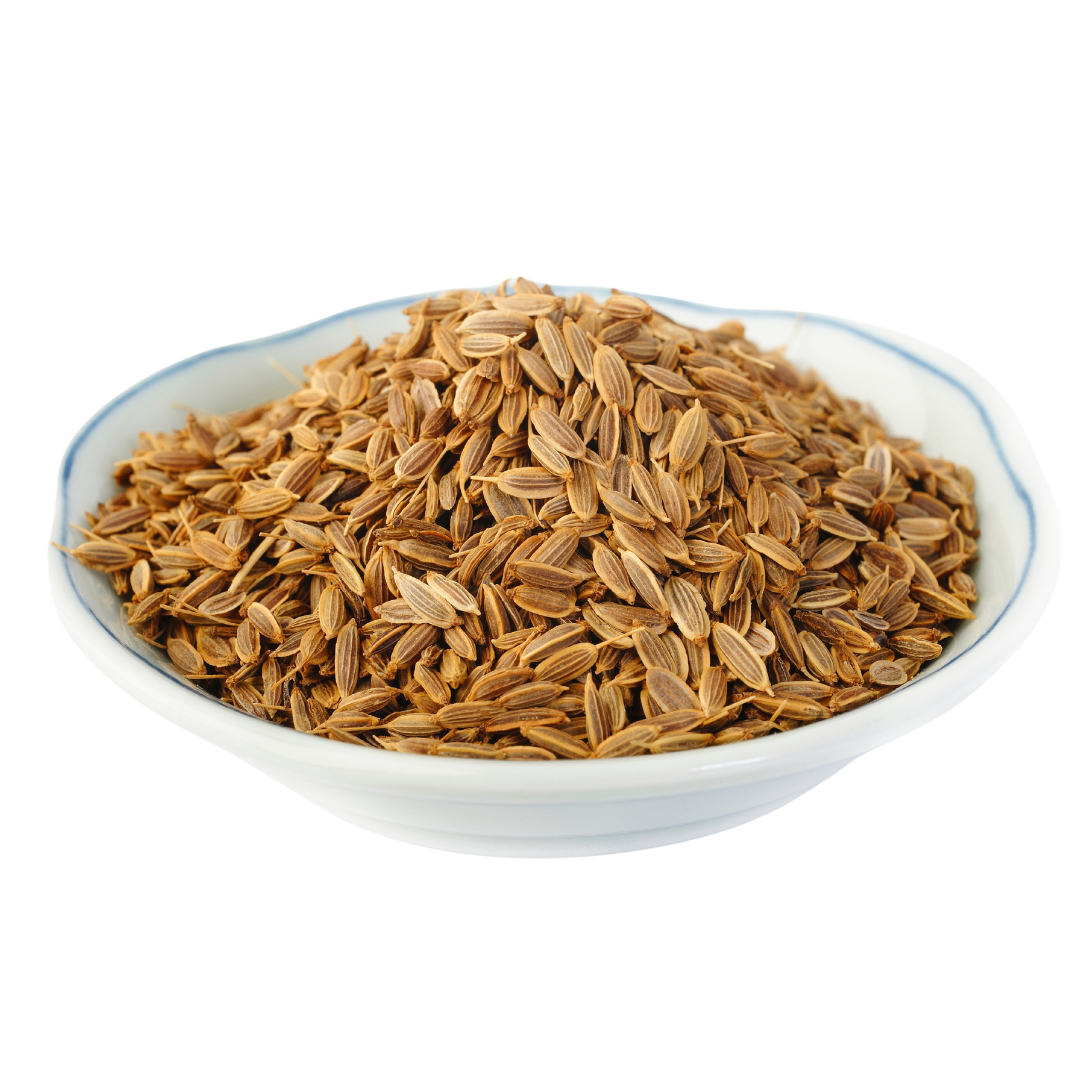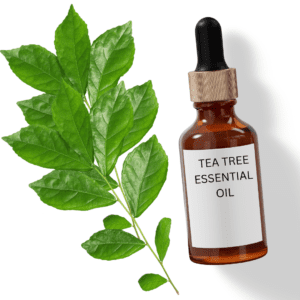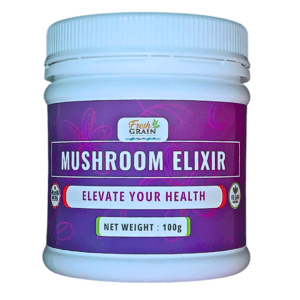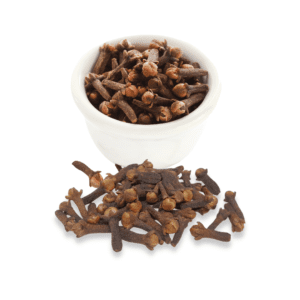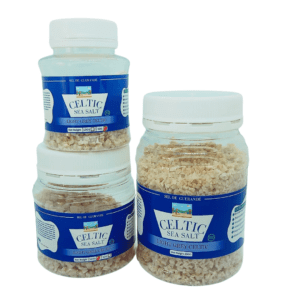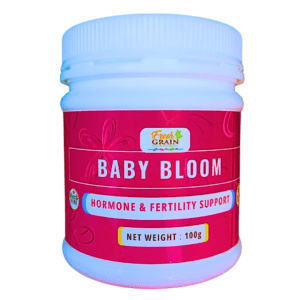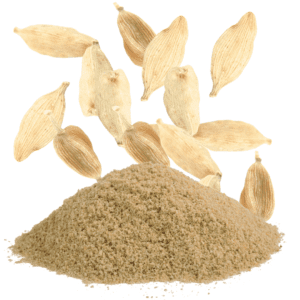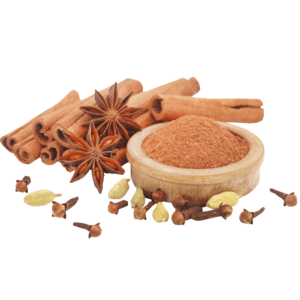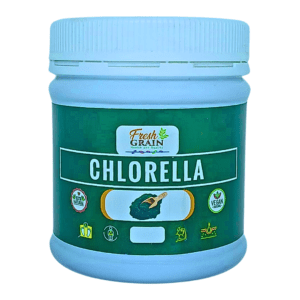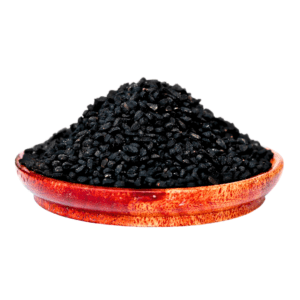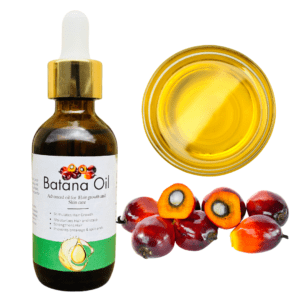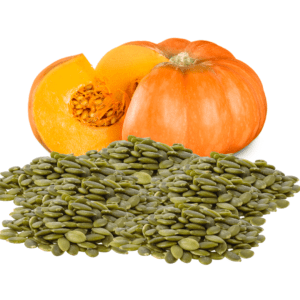Dill Seeds:
Description: Dill seeds, derived from the flowering herb Anethum graveolens, are small, oval-shaped seeds with a distinct aroma and flavor. Known for their culinary uses, dill seeds have a slightly sweet and tangy taste, making them a popular spice in various cuisines worldwide.
Nutritional Breakdown: Dill seeds offer a range of nutrients that contribute to their potential health benefits:
- Vitamins:
- Dill seeds contain vitamins, including vitamin A, vitamin C, and niacin.
- Minerals:
- Rich in minerals, dill seeds provide calcium, iron, magnesium, phosphorus, potassium, and zinc.
- Dietary Fiber:
- Dill seeds contain dietary fiber, which supports digestive health.
- Essential Oils:
- Essential oils like carvone and limonene give dill seeds their distinctive flavor and aroma.
Health Benefits:
- Digestive Health:
- Dill seeds are known for their carminative properties, helping to ease digestive discomfort, reduce gas, and alleviate bloating.
- Antioxidant Properties:
- The presence of antioxidants in dill seeds may help neutralize free radicals, offering potential benefits for overall health.
- Anti-Bacterial and Anti-Inflammatory Effects:
- Compounds in dill seeds exhibit anti-bacterial and anti-inflammatory properties, contributing to their potential health-promoting effects.
- Galactagogue Properties:
- Fennel seeds are considered galactagogues, substances that may help stimulate and increase breast milk production.
How to Use:
- Culinary Applications:
- Dill seeds are commonly used as a spice in cooking. They pair well with fish, poultry, pickles, and a variety of vegetable dishes.
- Pickling:
- Dill seeds are a key ingredient in pickling solutions, adding flavor to pickled cucumbers, carrots, and other vegetables.
- Homemade Spice Blends:
- Incorporate dill seeds into homemade spice blends for seasoning soups, stews, and marinades.
- Dill Seed Tea:
- Prepare dill seed tea by steeping crushed dill seeds in hot water. This herbal tea can be enjoyed for its potential digestive benefits.
- Infused Oils and Vinegars:
- Create flavored oils or vinegars by infusing them with dill seeds, adding a subtle dill flavor to dressings and marinades.
Caution:
- Allergies:
- Individuals with allergies to plants in the Apiaceae family (such as celery, carrot, or fennel) should use dill seeds with caution.
Dill seeds are a versatile spice that not only enhances the flavor of dishes but may also offer potential health benefits. Including them in your culinary repertoire can be a delightful way to enjoy their unique taste while potentially supporting digestive health.

